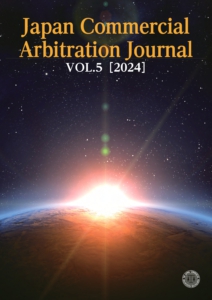On Tuesday, 4 January 2022 at 11 am (CET) Max Planck Institute on Comparative and International Private Law will host a virtual workshop in the series “Current Research in Private International Law”. Professor Zheng Sophia Tang (Wuhan University) will speak on “Smart Court in Cross-Border Litigation”. You can find more details here.
About the speaker:
Zheng (Sophia) Tang is a professor at the Wuhan University Institute of International Law, an Associate Dean at the Wuhan University Academy of International Law and Global Governance (China Top Thinktank), and a visiting professor at the Newcastle University. She is a barrister, an arbitrator and a mediator.
About the topic:
Smart courts integrate modern technology in the court proceedings to improve the efficiency of trial. It can particularly benefit cross-border litigation, which is remarked by the cost and inconvenience for a party to take part in proceedings abroad. However, the current construction of smart courts primarily focuses on domestic trials and leaves the cross-border litigation behind. Although technology can improve procedural efficiency, legal obstacles in cross-border litigation make the efficiency impossible to achieve. Identity verification, service of proceedings, evidence and hearing are four examples demonstrating how the current law, especially the old-fashioned concept of sovereignty, hampers the functioning of smart courts in cross-border litigation. In order to fully embrace the benefit of smart courts, the concept of judicial sovereignty needs to be reconceptualised in the age of technology.
About the virtual workshop series:
The virtual workshop series “Current Research in Private International Law” is organised by Prof. Dr. Ralf Michaels and Michael Cremer. The series features guest speakers and Institute staff members who present and discuss their work on current developments and research topics in private international law. The workshops are geared to scholars who are researching in the field of private international law, but attendance is open to all individuals having an academic interest (including doctoral candidates and students).
The virtual workshop will be held as a video conference via Zoom. After having registered no later than 3 January 2022 using this LINK you will receive the login details on Monday afternoon. Please confirm upon registration that you agree to the use of Zoom and that you will not record the event. By attending the event you confirm that you have read and agreed to Zoom’s Terms of Service and Privacy Policy. You will find them here and here.

